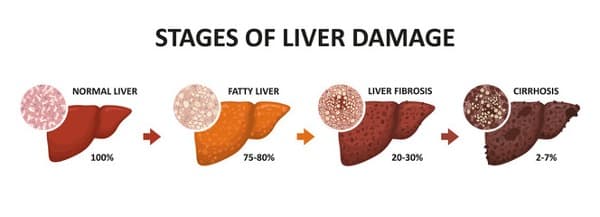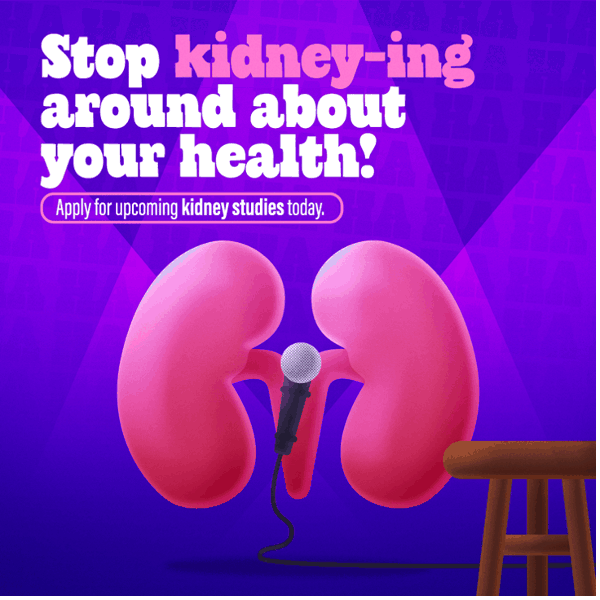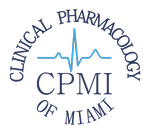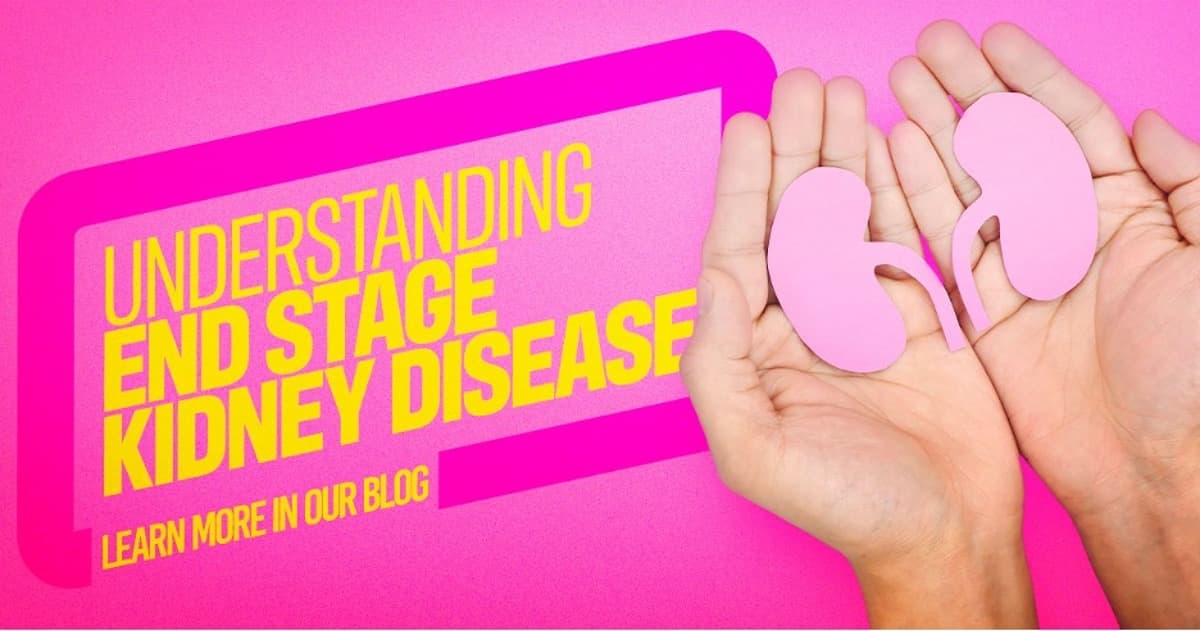Solo en los Estados Unidos, casi 786.000 individuos viven con enfermedad renal en etapa terminal (ESKD), por lo que es vital estar en la misma página con respecto a la salud renal. Para aprender sobre las funciones esenciales del hígado y cómo ESKD afecta dichas funciones, lea nuestro blog a continuación.
La importancia de nuestros riñones
Piensa en tu cuerpo y todo lo que internamente le permite funcionar como una película, donde cada órgano tiene un papel vital que desempeñar. En el cuerpo humano, hay cinco órganos críticos que las personas necesitan para mantenerse con vida: el cerebro, el corazón, los pulmones, el hígado y, por último, pero no menos importante, los riñones. Estos son los protagonistas de la película que llamáis vida, por lo que debemos aprender a dirigirlos adecuadamente. Nuestros riñones, un par de órganos en forma de frijol del tamaño de un puño, ayudan a filtrar la sangre y purificar los desechos de nuestro cuerpo. El exceso de líquido y los desechos se eliminan mediante la creación de orina, lo que requiere una serie de pasos complejos de excreción y absorción para mantener los químicos corporales bien equilibrados. Sin embargo, como muchos otros artistas, nuestros riñones son versátiles y juegan roles variados tal como:
- Equilibrar los líquidos en el cuerpo.
- Controlar la creación de glóbulos rojos.
- Eliminar toxinas y productos de desecho del cuerpo.
- Producir vitamina D que fomenta huesos fuertes y saludables
- Liberar hormonas que regulan la presión arterial.

¿Qué es la enfermedad renal en etapa terminal?
La insuficiencia renal ocurre cuando sus riñones dejan de funcionar lo suficientemente bien como para que usted sobreviva sin diálisis o un trasplante de riñón. Insuficiencia renal, también conocida como enfermedad renal en etapa terminal (ESKD), es la quinta y última etapa de la enfermedad renal crónica. Durante esta etapa, sus riñones funcionan alrededor del diez al quince por ciento de su capacidad estándar. Varias condiciones y problemas de salud pueden contribuir al desarrollo de la enfermedad renal, y el daño puede ocurrir repentinamente o de manera acumulativa durante muchos años, lo que resulta en una insuficiencia renal. Si comienza a presentarse insuficiencia renal, es posible que experimente síntomas como:
- Dolor en el pecho, si se acumula líquido cerca del corazón
- Cambios en la micción
- Respiración dificultosa
- Fatiga
- Pérdida de apetito
- Sabor metálico en la boca
- Calambres musculares o sacudidas musculares
- Náuseas y vómitos
- Hinchazón de pies y tobillos
Si experimenta alguno de estos síntomas, asegúrese de comunicarse con un profesional de la salud de inmediato, ya que la insuficiencia renal puede provocar otros problemas de salud que requieren tratamiento, como convulsiones y accidentes cerebrovasculares. Las visitas de rutina a especialistas renales conocidos como nefrólogos son esenciales para las personas que manejan la enfermedad renal crónica para garantizar su salud. Se realizarán análisis de sangre en un horario establecido para medir los niveles de múltiples cosas en su cuerpo, como albúmina (proteína), colesterol, creatinina y más. Si bien los proveedores de atención médica pueden tratar y posiblemente retardar la enfermedad renal, la insuficiencia renal no es curable. Sin embargo, una nutrición adecuada y el ejercicio pueden ser muy beneficiosos. Esté en sintonía con su riñón y evite la enfermedad renal en etapa terminal.

¡Tome en serio la salud de sus riñones y siga este enlace para explorar nuestros próximos estudios renales! Aquellos que califiquen y participen pueden ver a un médico sin costo alguno y recibir una compensación por el tiempo y el viaje. Para obtener más información, visite nuestro sitio web o llámenos al (305) 817 – 2900. ¡No bromee sobre su riñón!
Recursos:
https://www.kidney.org/kidneydisease/howkidneyswrk
https://www.kidneyfund.org/all-about-kidneys/kidney-failure-symptoms-and-causes




